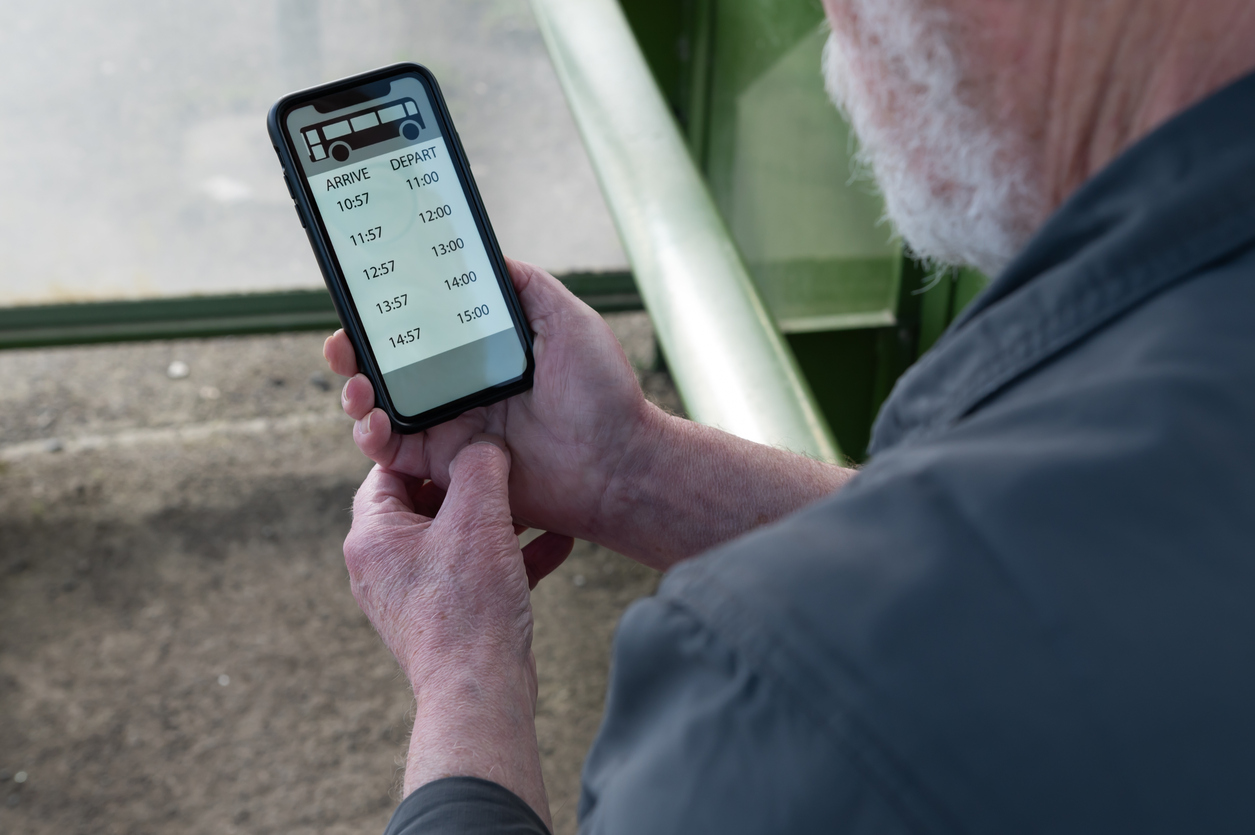Technology Roundup: Smartphone features can help keep you safe
By Mary Anna Rodabaugh
Smartphones do more than help you stay in touch with loved ones. Many of today’s devices are equipped with features to enhance your safety in the event of an emergency. These safety features are easy to use and are standard on most smartphones, regardless of the brand or model. You can always ask a loved one or your smartphone store employee to set up your preferred features if you do not feel comfortable doing it on your own.
Emergency contact
No matter what type of phone you have, you can easily add an “in case of emergency” (ICE) contact to your phone’s contacts. Choose an individual who is local, knows you and your health history well, and can come to your aid in the event of an emergency. Store this contact in your phone with the name ICE. Many first responders and hospital staff will look for an ICE contact if a patient’s identifying information is not readily available.
Medical information
Smartphones have a built-in feature that allows you to store your medical information in a secure manner. For an Android, select “Settings” on your phone and go to “Safety and Emergency” section. For iPhones, go to the Health app to setup your “Medical ID.” In “Medical Information/ID,” you can include your date of birth, allergies, weight and height, and even your blood type to quickly assist medical professionals in the event of an emergency. If you want to show this information when your smartphone screen is locked, switch the toggle under the “Medical Information/ID” tab to “Show when locked.” The menu options may have different wording depending on your device.
Emergency SOS
Most smartphones have a feature that allows you to send out an “SOS” notification to a designated contact, even when the phone screen is locked. If you go to “Settings” on your smartphone, you should see an option for “Emergency SOS.” Follow the prompts to add your contact information. Some smartphones will allow you to choose how many times you need to rapidly press the activation button in an emergency. A message will be sent to your designated contact, stating that you need help. If the “location” setting is on, the contact will also receive coordinates or a map detailing your current location.
Discreetly call 911
In the event of an emergency, it can be hard to quickly dial 911. Under “Settings” on your smartphone, you can enable the same “Emergency SOS” feature but designate 911 as the emergency call. If your location is enabled, this will also be sent to emergency services, even if you cannot speak to a dispatcher at the moment. Some phones will present 911 on your lock screen with a slider button you will need to swipe to initiate the call. Other phones will initiate a countdown, based on your personal preference, before 911 is dialed. These features prevent you from accidentally calling 911.
Remember, these smartphone features do not replace other safety devices, such as medical alert systems, medical alert bracelets or self-defense tools. The smartphone features are additional tools you can use to enhance your personal safety.
(Sources: Apple, Samsung and Wired.com)
Mary Anna Rodabaugh is a writer, editor and writing coach.




